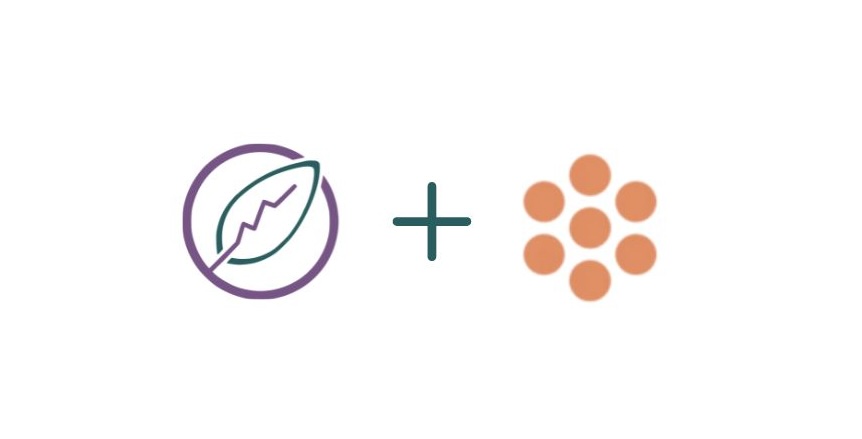
CRM stands for Client Relationship Management. A CRM is a software tool that helps client care teams manage every inquiry, follow-up, and intake step with greater efficiency and clarity. It replaces spreadsheets and scattered notes with one centralized system—tracking prospective clients, automating reminders and follow-ups, managing your waitlist, and providing reports to help practice owners make smarter decisions.
Many CRMs also include tools for keeping in touch with prospective, current, and former clients through email campaigns or messaging. If your intake team is still juggling Google Sheets and inboxes—and it’s starting to feel chaotic—it might be time to consider a CRM built for mental health.
Think of it this way: an EHR begins tracking the client after they’ve been accepted into care. A CRM starts earlier—during the inquiry phase—and also tracks the clients who never made it to intake. This data is gold for understanding conversion rates, marketing ROI, and team performance.
While EHRs manage clinical notes, billing, and treatment history, CRMs manage the relationships that lead someone to become a client in the first place. Want to go deeper? Check out our full blog post on CRM vs. EHR
Traditionally, CRMs are built for sales teams to track leads and “close deals.” But therapy seekers aren’t deals—they’re people navigating one of the most vulnerable points in their lives. A clinical CRM is designed specifically for mental health intake: it tracks the client’s journey from first outreach to final session, using language and workflows that reflect clinical care, not just conversion.
A strong clinical CRM will also include intake-specific tools like HIPAA-compliant appointment request forms, waitlist tracking, and dashboards with clinical insights (e.g., number of intakes per clinician, termination reasons, waitlist duration, and internal referrals). It’s also built to handle real-world complexities—like when two parents need updates for a child, or a single person is seeking multiple services at once.
Timing matters. If you implement a CRM too early, it might be overkill. Too late, and your intake team may already be burned out, with clients slipping through the cracks. If you’re scaling your practice or starting to feel disorganized during intake, it may be time to consider one.
Gain the clarity, automation, and insights you need to grow your practice without drowning in a spreadsheet